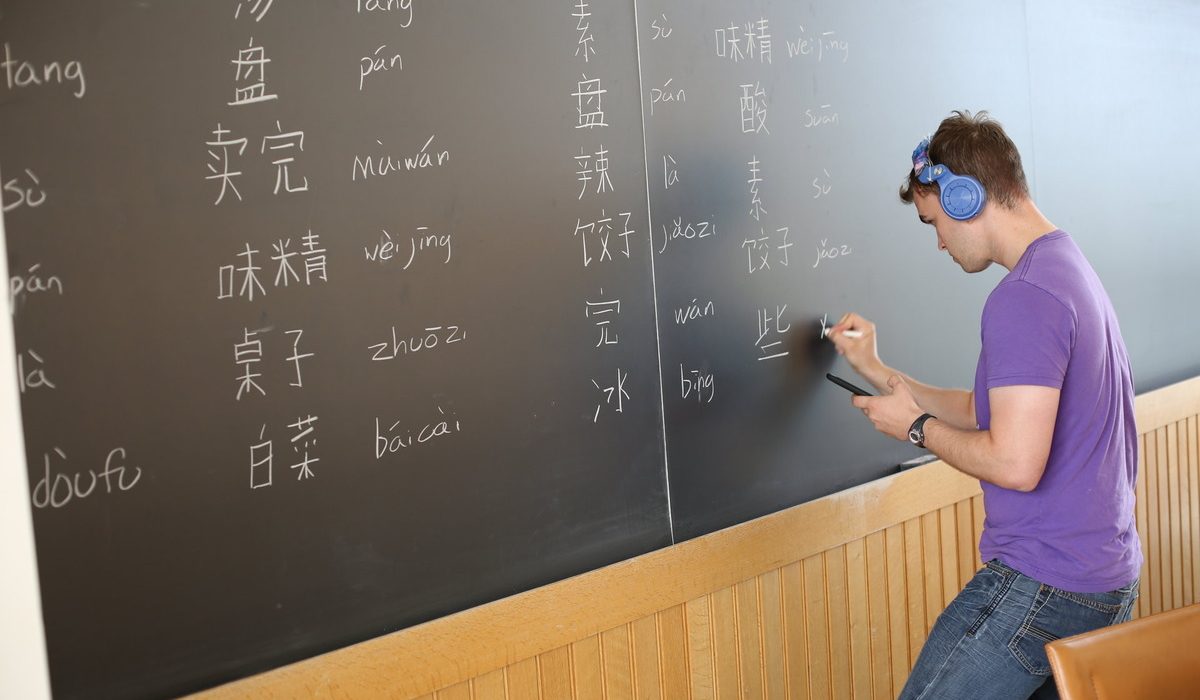In today’s globalized world, the language market holds significant importance for various reasons. Here are the key aspects that highlight its relevance:
Economic Growth and Global Trade
The language market facilitates international trade and economic growth. Businesses can reach global markets more effectively by communicating in the local languages of their target audiences. This not only helps in expanding market reach but also in building stronger customer relationships and trust. According to a study by the Common Sense Advisory, 72.4% of consumers are more likely to buy a product with information in their own language.
Case Study: Alibaba’s Global Expansion Alibaba has successfully expanded its reach worldwide by localizing its platform into multiple languages. By tailoring its content to various regions, including adapting to local cultural nuances and languages, Alibaba has been able to attract a broader customer base. During the annual Singles’ Day shopping festival, Alibaba offers localized content and customer service in different languages, significantly boosting international sales. This strategic localization has allowed them to compete effectively with other global e-commerce platforms. Case study how VEQTA Translated for the e-commerce platform Reebonz.
Cultural Preservation and Promotion
Language services play a crucial role in preserving and promoting cultural diversity. By translating and localizing content, languages that might be at risk of disappearing are given new life in modern contexts. This helps in maintaining cultural heritage and ensuring that various cultural expressions are accessible to a broader audience.
Example of Marketing Localization Gone Wrong: Pepsi in China Pepsi’s slogan “Come Alive with the Pepsi Generation” was translated into Chinese as “Pepsi brings your ancestors back from the dead.” This mistranslation caused confusion and offense, demonstrating the importance of accurate and culturally sensitive localization. The error highlighted how poor localization can lead to negative brand perception and the importance of understanding cultural nuances in marketing.
The mistranslation highlights the need for accurate, culturally sensitive localization and professional translation services to avoid missteps and serves as a cautionary tale for all industries.
Education and Knowledge Dissemination
The language market is vital in education and the dissemination of knowledge. Translating educational materials and research papers makes education accessible to non-native speakers and allows for the sharing of knowledge across linguistic barriers. This contributes to a more informed and educated global population.
Case Study: Khan Academy’s Global Reach Khan Academy, a non-profit educational organization, expanded its reach by translating its educational videos into multiple languages. This effort made high-quality educational content accessible to millions of students worldwide, particularly in regions where access to quality education is limited. The translations have enabled Khan Academy to support diverse learners and contribute to global education. For example, Khan Academy is now available in over 50 languages, including Greek, Kazakh, and Vietnamese, enabling it to fulfill its mission of providing a free, world-class education to anyone, anywhere. If need to translate your company’s content to multiple languages, please visit this link to find a list of languages that is being translated as a commercial language translation service. Read more about Localization study in the education industry how VEQTA translated for ELS Malaysia.
Healthcare and Public Services
In healthcare, accurate translation and interpretation services are essential for providing quality care to patients who speak different languages. This ensures that patients understand medical instructions and their health conditions, leading to better health outcomes. Public services also rely on language services to communicate effectively with diverse populations.
Case Study: MediBabble in Healthcare. MediBabble is a medical translation app designed to facilitate communication between healthcare providers and non-English-speaking patients. By offering accurate translations in multiple languages, MediBabble helps healthcare professionals provide better care and avoid misunderstandings that could lead to medical errors.
MediBabble is a medical translation app designed to help healthcare providers communicate with non-English-speaking patients. Developed by medical students at the University of California, San Francisco, MediBabble translates thousands of medical instructions and questions into several languages, including Spanish, Russian and Mandarin. The app facilitates the taking of medical histories and making diagnoses, using a symptom-based approach with questions that can be answered by gestures or simple “yes” or “no” responses.
The app has been praised for its ability to improve healthcare delivery and patient safety by bridging language barriers, especially in situations where interpreter services are not available. For example, MediBabble has been successfully used to improve healthcare delivery for resettled Syrian refugees in Canada (UCSF): Conquering Language Barriers to Patient Care
This app exemplifies how language services can improve healthcare delivery and patient outcomes.
Case study how VEQTA Translated for the Medical Care industry Fresenius Medical Care .
Read more about translation for the medical and pharmaceutical industry.
Technology and Innovation
The language market drives innovation in technology, particularly in fields like artificial intelligence and machine learning. Developing advanced translation and localization tools, such as neural machine translation, requires deep linguistic knowledge and expertise. These technologies, in turn, enhance communication across languages and support global connectivity. Read more about Neural machine Translation Services.
Case Study: DeepL Translator. DeepL Translator, a neural machine translation service, has set a new standard for translation quality. By using advanced AI algorithms, DeepL offers more accurate and natural translations than many other services. This technology helps businesses and individuals communicate more effectively across language barriers, facilitating smoother global interactions and collaborations.
The language market is a critical component of the global economy, impacting various sectors from business and healthcare to education and technology. Its role in facilitating communication, preserving cultures, and promoting inclusivity underscores its importance in today’s interconnected world.
Understanding and leveraging the language market can lead to significant advantages for businesses and communities, fostering global cooperation and mutual understanding.


